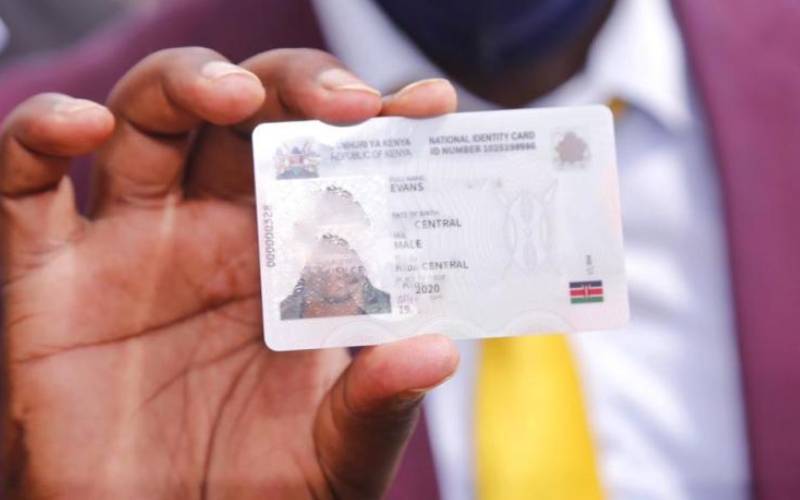×
The Standard e-Paper
Stay Informed, Even Offline

Huduma Namba card. [Courtesy]
Minority communities have decried risk of exclusion from government services should the Huduma Bill, 2021 be passed without amendments.